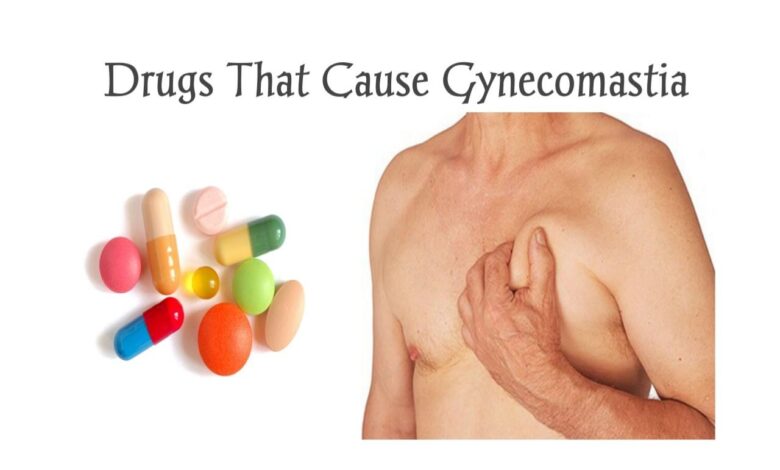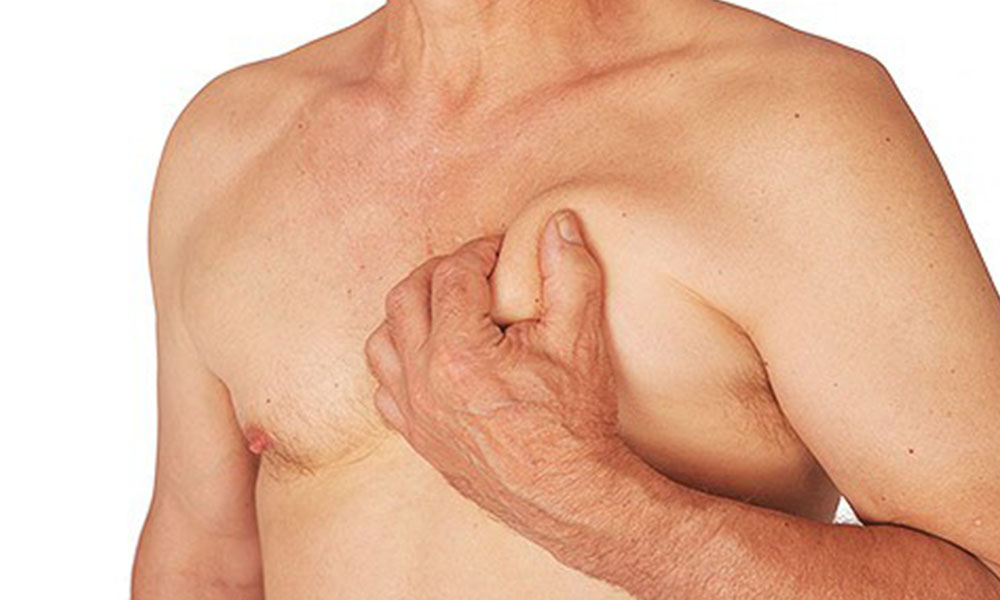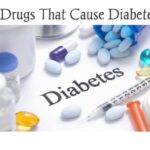List Of Drugs That Cause Gynecomastia

Gynecomastia refers to the enlargement or swelling of breast tissue in males. It can affect one or both breasts. Gynecomastia is most commonly caused by an imbalance between the hormones estrogen and testosterone. Estrogen controls female traits, including breast growth. Testosterone controls male traits, such as muscle mass and body hair.
Although each of these hormones produces the usual traits seen in males and females, males produce a small amount of estrogen and females produce a small amount of testosterone. Male estrogen levels that are too high or are out of balance with testosterone levels cause gynecomastia. Drugs account for about 20% of gynecomastia cases in men.

Drugs and Gynecomastia
Many drugs can cause gynecomastia as much as several active ingredients, which have been associated to this condition. The active substances known for most frequently causing gynecomastia are exogenous oestrogens, anti-androgens, 5 alpha-reductase inhibitors, spironolactone and cimetidine.
Antiandrogens (such as bicalutamide and flutamide) can cause gynecomastia by antagonist action to testosterone and dihydrotestosterone on mammary glands. Besides – since endogenous androgens inhibit the negative feedback mechanism on the hypothalamus-pituitary-gonad axis – antiandrogens increase the levels of circulating testosterone which is converted at peripheral level into estradiol, therefore enhancing the oestrogen/androgen ratio. Usually gynecomastia appears during the first year of antiandrogens therapy for 40-70% of patients on long-term treatment.
On the other hand, 5 alpha-reductase inhibitors (such as finasteride and dutasteride) act by preventing the conversion of testosterone into dihydrotestosterone. Consequently, the not-converted circulating testosterone is transformed into estradiol by aromatase and raises the oestrogens/androgens ratio. Gynecomastia risk then increases of 1-2% for treated patients.
Spironolactone, an aldosterone antagonist used for high blood pressure treatment, presents both anti-androgenic and oestrogenic activities. This drug can induce gynecomastia after one month only of treatment, with a dose-dependent incidence.
Among the H2 histamine receptor blockers, cimetidine seems to be the active principle that most frequently can cause gynecomastia: a retrospective epidemiological study suggests a relative risk >7 for treated patients, strongly dose-dependent.
Other examples of drugs that can cause gynecomastia are protease inhibitors for antiretroviral therapy (such as saquinavir or lopinavir), antipsychotic (like haloperidol), several chemotherapy drugs (such as methotrexate or ciclophosfamide) and natural products which contain phytoestrogens (for example soya milk).
List of drugs that can cause gynecomastia
| Drugs frequently causing gynecomastia | |
| Antiandrogens | Bicalutamide, flutamide, finasteride, dutasteride |
| Antihypertensive | Spironolactone |
| Antiretroviral | Protease inhibitors (saquinavir, indinavir, nelfinavir, ritonavir, lopinavir), reverse transcriptase inhibitors (stavudine, zidovudine, lamivudine) |
| Environmental exposure | Phenothrin (antiparasitical) |
| Exogenous hormones | Oestrogens, prednisone (male teenagers) |
| Gastrointestinal drugs | H2 histamine receptor blockers (cimetidine) |
| Drugs possibly causing gynecomastia | |
| Antifungal | Ketoconazole (prolonged oral use) |
| Antihypertensive | Calcium channel blockers (amlodipine, diltiazem, felodipine, nifedipine, verapamil) |
| Antipsychotic (first generation) | Haloperidol, olanzapine, paliperidone (high doses), risperidone (high doses), ziprasidone |
| Antiretroviral | Efavirenz |
| Chemotherapy drugs | Methotrexate, cyclophosphamide, carmustine, etoposide, cytarabine, melphalan, bleomycin, cisplatin, vincristine, procarbazine |
| Exogenous hormones | Androgens (athletes abuse) |
| Gastrointestinal drugs | Proton pump inhibitors (omeprazole) |
| Cardiovascular drugs | Phytoestrogens (soya-based products, high quantity) |
| Drugs rarely or very unlikely causing gynecomastia1 | |
| Amiodarone, amphetamine, aripiprazole, atorvastatin, captopril, cetirizine, clonidine, cyproterone acetate, dasatinib, diazepam, diethylstilbestrol, digoxin, domperidone, entecavir, ethanol, fenofibrate, fluoxetine, gabapentin, heroin, imatinib, lisinopril, loratadine, marijuana, methadone, metronidazole, misoprostol, MyTosterone®, paroxetine, penicillamine, phthalates, pravastatin, pregabalin, ranitidine, rosuvastatin, sulindac, sulpiride, sunitinib, theophylline, venlafaxine |





